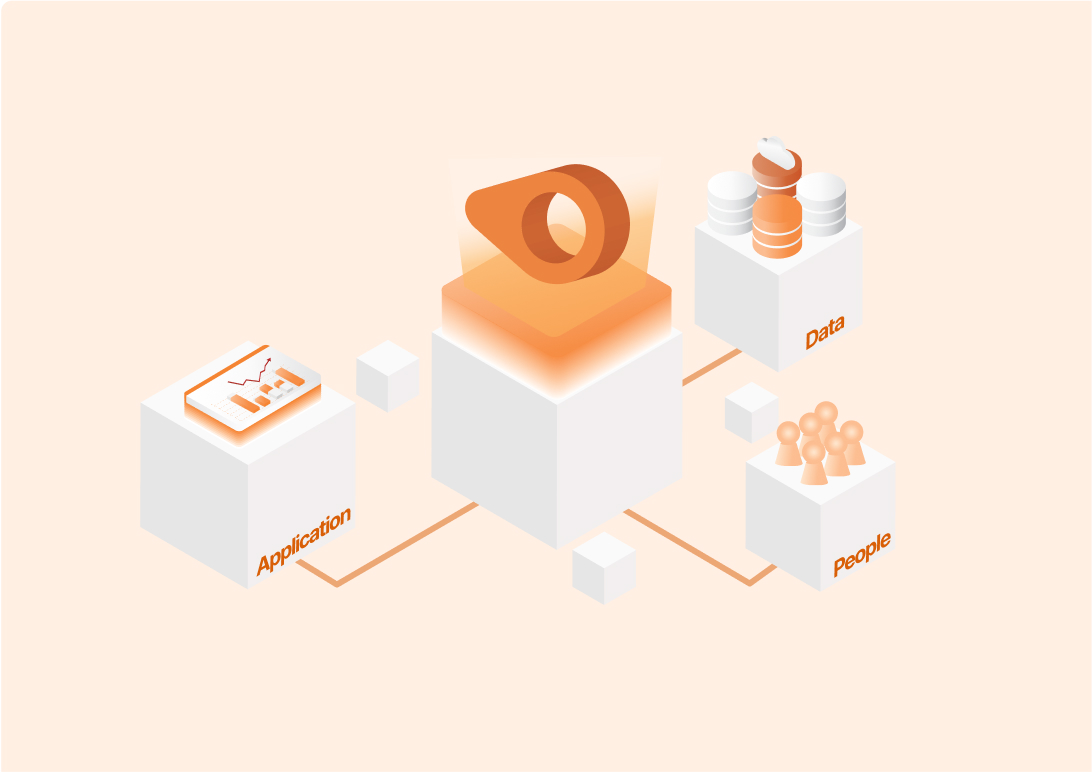
Lambda and Kappa Architecture are two popular approaches to designing large-scale data processing systems that can handle high volume, velocity, and variety of data. Here are the key differences between them:
1. Batch vs. Real-time Processing:
Lambda Architecture involves processing data in both batch and real-time mode. In contrast, Kappa Architecture only processes data in real time.
2. Complexity:
Lambda Architecture is more complex than Kappa Architecture as it involves building and maintaining two separate processing pipelines: real-time data processing and batch processing. In contrast, Kappa Architecture has only one processing pipeline.
3. Data Storage:
In Lambda Architecture, data is stored in two different storage systems: one for real-time processing and another for batch processing. Kappa Architecture, on the other hand, only requires one storage system, which can store both real-time and batch data.
4. Fault Tolerance:
Lambda Architecture is more fault-tolerant than Kappa Architecture because it has redundant processing pipelines, one for real-time data processing and another for batch processing. In case of any failure, the system can switch to the other pipeline. In contrast, Kappa Architecture has only one processing pipeline, which can result in data loss in case of any failure.
5. Scalability:
Both architectures are highly scalable and can handle large volumes of data. However, Lambda Architecture is better suited for scenarios where there is a high volume of data and the processing requirements are complex.
Which is better?
Lambda Architecture and Kappa Architecture are both useful for different scenarios and have their own advantages and disadvantages. The choice between the two architectures depends on the specific needs of the system being designed. Here are some factors that can help determine which architecture is better:
- Real-time Processing: If the system requires real-time processing of data and the data processing requirements are not too complex, Kappa Architecture can be a better choice as it has a simpler design and allows for faster processing of data.
- Complex Data Processing: If the system requires complex data processing, involving both batch and real-time processing, Lambda Architecture can be a better choice as it allows for data processing in both modes and can handle complex data processing requirements.
- Fault Tolerance: If the system requires high fault tolerance and redundancy, Lambda Architecture can be a better choice as it has redundant processing pipelines, which can help in case of any failures.
- Data Storage: If the system requires efficient and cost-effective data storage, Kappa Architecture can be a better choice as it only requires one storage system for both real-time and batch data.
- Flexibility: If the system requires flexibility to handle different types of data sources and processing requirements, Lambda Architecture can be a better choice as it can handle both structured and unstructured data and provides the flexibility to handle complex processing requirements.
Achieve Lambda Architecture with Canner
Fortunately, Canner Enterprise provides a software solution that makes it easy to achieve Lambda Architecture. With Canner Enterprise, you can quickly build and deploy Lambda Architecture-based data processing systems, enabling you to process large volumes of data in a fault-tolerant and scalable way. Whether you're dealing with big data, real-time data processing, or complex data processing requirements, Canner Enterprise can help you achieve Lambda Architecture without the hassle of building and maintaining the system from scratch.
No reproduction without permission, please indicate the source if authorized.
 Canner
Canner